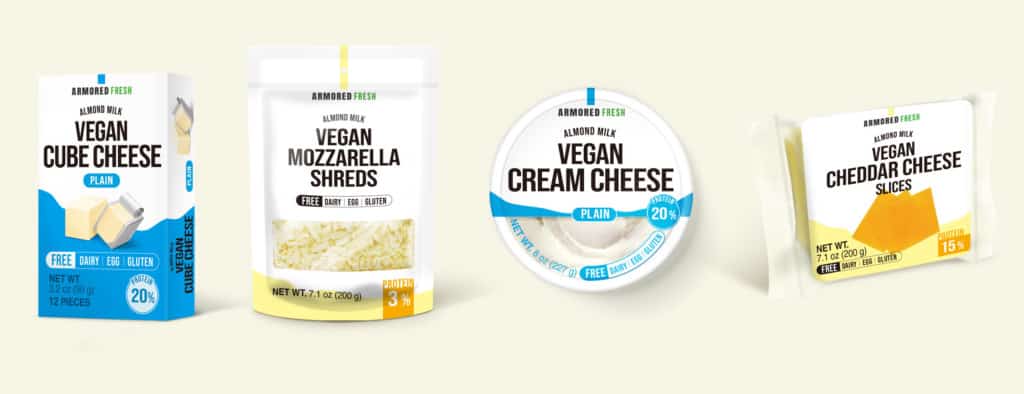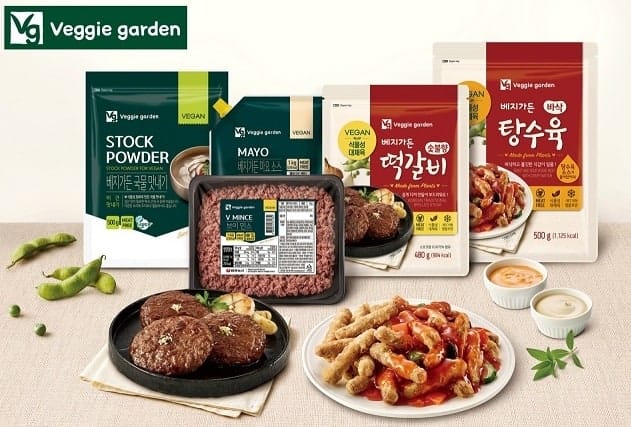The South Korean alt-meat market is expanding rapidly, according to data from Euromonitor and the Korea Agro Fisheries and Food Trade Corporation.
The market grew by 35% year-on-year between 2020 and 2021, and was worth $13.9 million by last year. This growth is expected to continue as more Koreans embrace plant-based eating, largely for environmental and health reasons.
Young people drive market growth
Back in 2020, data was already showing that the vegan sector was growing in South Korea, largely driven by millennials. The plant-based industry had tripled in the previous decade, with a fifth of South Koreans cutting down on their meat consumption.

“Many in their 20s and 30s identify themselves as citizens of the world,” Jeon Mi-young, a researcher at Seoul National University’s Consumption Trend Analysis Center, told Korea JoongAng Daily. “So instead of dividing people into different nationalities or race, they think of everyone, including plants and animals, as equal beings on Earth.”
Brands in the South Korean alt-meat market
South Korea has a range of alt-protein brands. One of the best-known is plant-based beef and pork brand Unlimeat, which recently launched in the US. Meanwhile, Devotion Foods has created alt-meat products with more protein than beef, and Yangyoo has developed six types of vegan cheese.
Conventional companies are also getting in on the act, with food and beverage giant Nongshim launching a plant-based range called Veggie Garden. And some companies, such as CellMEAT, are working on cultivated meat products.

Backlash
As has been the case elsewhere in the world, the growing popularity of meat alternatives in South Korea has led to backlash from the meat industry. Meat producers are particularly angry about the placing of plant-based alternatives in the meat aisle, claiming it is “unfair”.
The meat industry is also lobbying for it to be illegal to use the words “meat” or “milk” on plant-based product packaging. While it remains to be seen whether these attempts will be successful, similar cases elsewhere in the world have typically failed — and as perceptions change, the industry will find it more difficult to convince consumers.
“Among the millennial generation, who strive to pursue ‘good consumption,’ a change of perception has occurred in accepting veganism as just one of many food preferences,” an official from food distributor Dongwon F&B told The Korea Herald.





